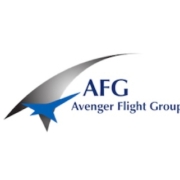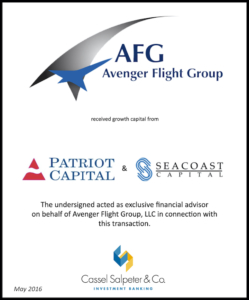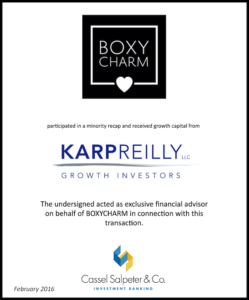NephroGenex, Inc. Commences Voluntary Chapter 11 Proceeding; Seeks To Initiate Sale Process Under Section 363
RALEIGH, N.C.–(BUSINESS WIRE [1])–In connection with its decision to seek Chapter 11 protection, NephroGenex has retained the investment banking firm of Cassel Salpeter & Co., LLC, to assist with the anticipated sale of its assets through a sale process under Section 363 of the Bankruptcy Code. To that end, NephroGenex anticipates that it will seek approval by the Court of appropriate bidding and sale procedures in the early weeks of its Chapter 11 case.
“The Board and management team have conducted a rigorous assessment of all of our strategic alternatives and believe that this process represents the best possible solution for NephroGenex, taking into account our financial situation,” said Richard J. Markham, Chairman of t he Board of NephroGenex. “We are committed to an out come that maximizes value and believe that a bankruptcy sale process will enable us to meet that objective.”
NephroGenex has filed a series of customary motions with the Court seeking to ensure the continuation of normal operations during this process, including the timely payment of future employee wages and salaries, as well as maintaining employee benefits.
Additional information about this process, as well as court filings and other documents related to the Chapter 11 proceedings, are available through NephroGenex’s claims agent , Kurtzman Carson Consultants LLC, at www.kccllc.net/NephroGenex [2].
Cole Schotz P.C. is serving as the Company’s legal advisor for the bankruptcy proceedings and Cassel Salpeter & Co., LLC is serving as its financial advisor for the bankruptcy proceedings.
Cautionary Note on Forward-Looking Statements
This press release contains certain statements that are, or may be deemed “forward-looking statements” within the meaning of the Private Securities Litigation Reform Act of 1995. Forward-looking statements may be identified by words such as “expects,” “int ends,” “anticipates,” “plans,” “believes,” “seeks,” “estimates,” “will,” or words of similar meaning and include, but are not limited to, statements regarding the outlook for our future business and financial performance. Forward-looking statement s are based on our current expect at ions and assumptions, which are subject t o inherent uncertainties, risks and changes in circumstances that are difficult to predict. Actual outcomes and results may differ materially from those in the forward-looking statements due to global political, economic, business, competitive, market, regulatory and other factors and risks, including the items identified in the “Risk Factors” section of our Annual Report on Form 10-K for the year ended December 31, 2015, filed with the Securities and Exchange Commission (“SEC”) on March 29, 2016, as well as in other filings that we may make with the SEC in the future. The forward-looking statements contained in this press release reflect our current views with respect to future events, and we do not undertake and specifically disclaim any obligation to update any forward-looking statements.






 While it is great that unemployment is trending toward full employment, it is not so great that finding new and qualified employees will become even more challenging. In markets like South Florida where access to talent is already limited, this will only make a difficult situation worse.
While it is great that unemployment is trending toward full employment, it is not so great that finding new and qualified employees will become even more challenging. In markets like South Florida where access to talent is already limited, this will only make a difficult situation worse.




